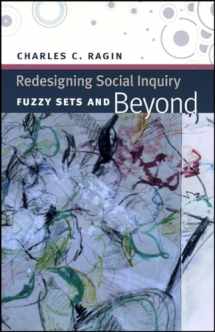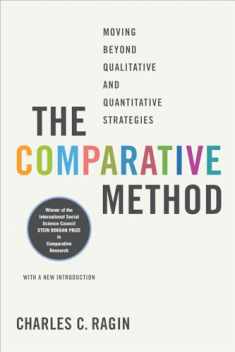
Redesigning Social Inquiry: Fuzzy Sets and Beyond
Book details
Summary
Description
For over twenty years Charles C. Ragin has been at the forefront of the development of innovative methods for social scientists. In Redesigning Social Inquiry, he continues his campaign to revitalize the field, challenging major aspects of the conventional template for social science research while offering a clear alternative.
Redesigning Social Inquiry provides a substantive critique of the standard approach to social research—namely, assessing the relative importance of causal variables drawn from competing theories. Instead, Ragin proposes the use of set-theoretic methods to find a middle path between quantitative and qualitative research. Through a series of contrasts between fuzzy-set analysis and conventional quantitative research, Ragin demonstrates the capacity for set-theoretic methods to strengthen connections between qualitative researchers’ deep knowledge of their cases and quantitative researchers’ elaboration of cross-case patterns. Packed with useful examples, Redesigning Social Inquiry will be indispensable to experienced professionals and to budding scholars about to embark on their first project.


We would LOVE it if you could help us and other readers by reviewing the book
Book review





